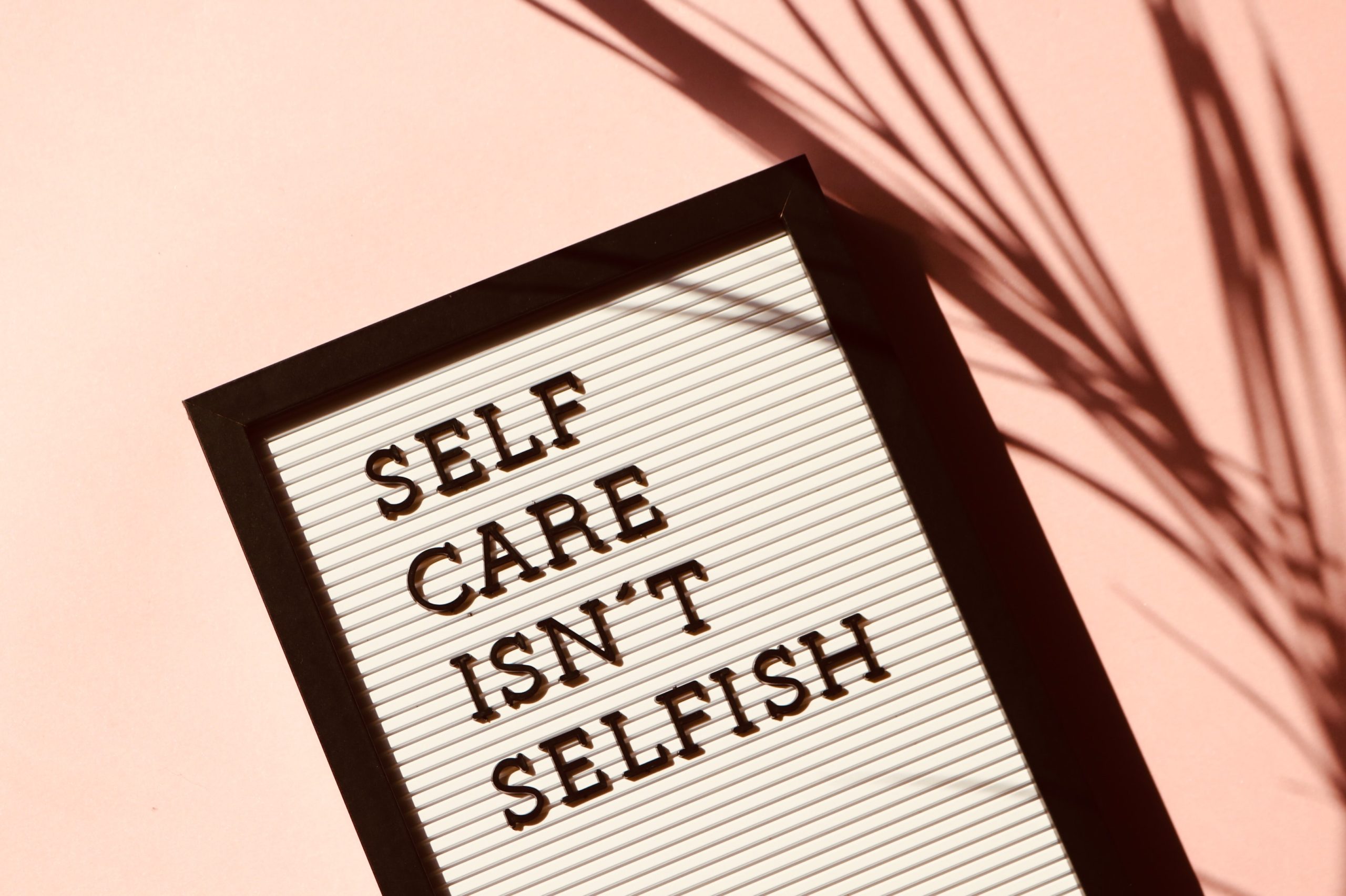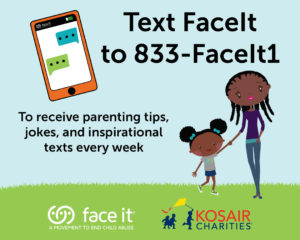
02 Dec 6 Tips for Taking Care of Yourself When You’re Also Responsible for Taking Care of Others
 Parents: you’ve done a great job caring for your kids, and now is an important time to remember to take care of ourselves! It has certainly been an overwhelmingly stressful year for all, it’s an important time to recommit to practicing self-care. Whether you are a parent, full time caregiver, or in the helping profession, you understand the challenge of balancing “me-time” with the time required for others.
Parents: you’ve done a great job caring for your kids, and now is an important time to remember to take care of ourselves! It has certainly been an overwhelmingly stressful year for all, it’s an important time to recommit to practicing self-care. Whether you are a parent, full time caregiver, or in the helping profession, you understand the challenge of balancing “me-time” with the time required for others.
Have you wondered what “self-care” really is and how to practically implement it?
We’ve heard a lot about the importance of taking care of oneself—physically, mentally, and emotionally. We also have heard that self-care is often more than a spa day or a walk in the park – though that may be just what someone needs to destress. The important note: self-care looks different for everyone, and all of us need to take care of ourselves.
Try out these tips to get into the habit of caring for yourself when you are also responsible for caring for others:
- Make time for self-reflection, rest, and relaxation, which are essential for mental and physical health. Some ideas include: Set a “quiet time” timer for the first ten minutes of the day before breakfast alone or with the kids; watch a yoga video to slowly stretch and get your body moving; or, snuggle up on the couch with hot tea or coffee. Intentionality is key, so “scheduling” it and setting an alarm can help.
- Stay connected with your friends, family, colleagues, and support systems. This could include pairing something you do daily with outreach to a friend, like while the coffee is brewing send a quick “hello” message to a fellow parent.
- Avoid burnout and overwork by taking time to unplug and recharge and resetting appropriate boundaries with work, family, and media. This could include setting time limits for social media apps or time limits on your email app on your smart phone.
- Give yourself permission to feel your feelings and reach out for help when you think you need it. Consider professional help if you are feeling tense or angry all the time; unable to relax; experiencing panic attacks; or having difficulty sleeping or concentrating.
- Move and fuel your body. Enact a routine that prioritizes your basic needs by eating regularly, drinking plenty of water, and getting in at least 15 minutes of physical activity each day–whether that’s a walk around the neighborhood or a dance party in your living room. Use your smart phone or a list on the fridge to help set reminders.
- Pause each day to note the good, give gratitude, and experience joy. Even if you have to utter things like, “I’m grateful that my child/teen did not throw a tantrum today,” or “I’m thankful for the sidewalks in my neighborhood that allow me to safely go for my daily walk.”
Photo courtesy of Pexels




